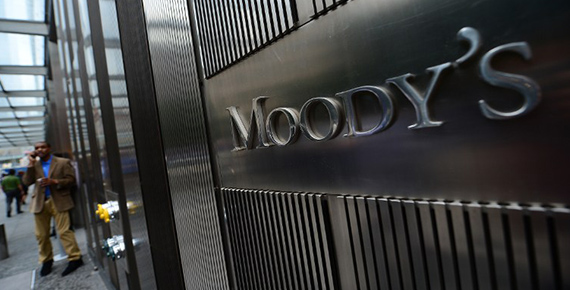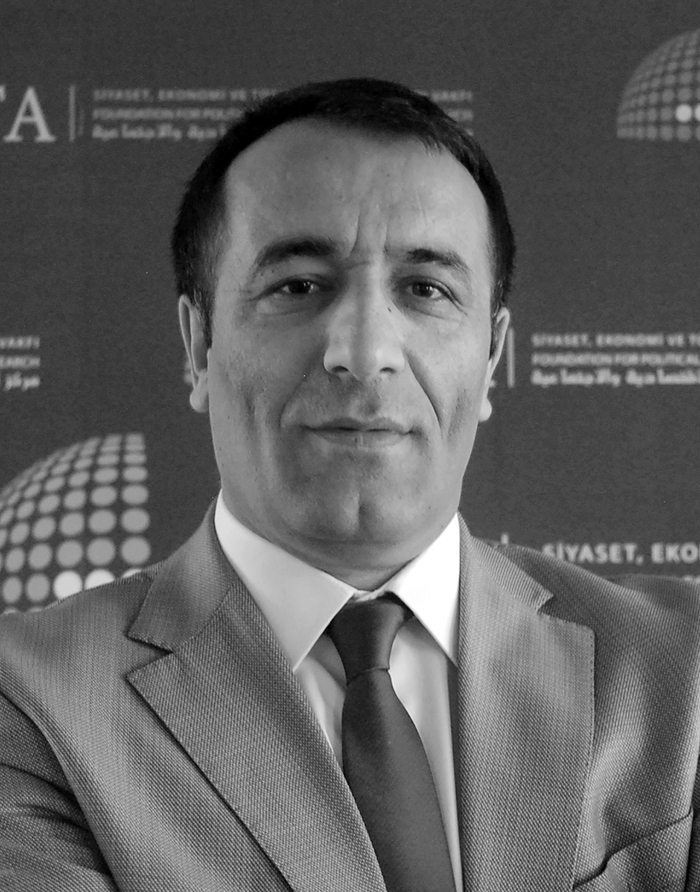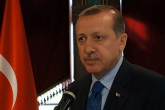Turkey signed 19 stand-by agreements between 1961 and May 2008. Turkey has lived with stand-by loans for more than three decades and it has become one of the countries receiving more than 50 billion dollar worth funds from the International Monetary Fund (IMF).
During 52 years, Turkey was, most of the time, forced to sign IMF stand-by agreements in the wake of economic crises except the last two agreements signed between 2002 and 2008. These agreements usually ended before their due date and Turkey failed to meet the goals. Turkish economy could not fulfill its true potential due to the political chaos caused by military coup d’états and coalition governments. Under these circumstances, conditional loans from the IMF and economic policies did not contribute to economy. Turkey failed to ensure the sustainability of policies due to constant power changes. Due to populist policies and unsustainability of the policies, Turkey could not efficiently make use of the resources taken from the IMF.
FROM THE CRISIS TO THE GROWTH…
On the other hand, the IMF offered stability programs consisting of similar measures to the countries in crises notably Turkey. This contributed to the macroeconomic performance and production of the country in a negative way. Similarly, it was observed that solutions offered by the IMF worsened the economic situation and turned the economic slowdown first into recession then into depression. IMF imposed high interest rates during and after the crisis. It aimed to ensure economic stability, to block capital outflows and to stabilize the currency in the countries affected by the crisis. Nevertheless, this method in some cases resulted in the bankruptcy of companies. Consequently, the number of bankruptcies in commerce sector increased and banks had difficulty in paying their debts to commercial customers and they were also thrown into bankruptcy. The bankruptcy of the banks weakened the financial system; capital outflows increased and the crisis had deeper effects on the economy. The proposals of the IMF such as raising taxes in order to cut budget deficit and adopting devaluation policies in order to cut current account deficit generally resulted in economic stagnation. This method, consequently, impoverished the country and Turkey became unable to pay its debts. It was observed that some of the IMF policies plunged countries into recession let alone saving them. As a result, stand-by agreements did not resolve economic problems.
The AK Party government, which has been in power since 2002, harmonized the last two stand-by agreements with its own policies thus paving the way for significant structural reforms in Turkey. The economic performance in the last decade greatly contributed to the positive and steady growth in economy; budget deficit and public debt significantly decreased and foreign investments reached a record high and, above all, price stability was ensured. Owing to the political will of the AK Party government, Turkey has carried out significant structural reforms and has considerably resolved the long-standing economic issues. Turkey no longer has expectations from the IMF due to the economic stability it has achieved in recent years. These improvements and structural reforms reduced Turkey’s dependence on international institutions. The last stand-by agreement expired in a time when global economic crisis prevailed; however, Turkey did not sign a new agreement in 2008. During this period, the goals set within the scope of Medium Term Programs created a trust environment and Turkey became a safe port for investors. Given the budget discipline and decision making mechanism clear of populism, Turkey achieved a fiscal discipline without the help of IMF. Turkey continued to grow from the last quarter of 2009 to the last quarter of 2012; in other words, for 13 quarters. Having implemented its own economic policies without the help of IMF for the last five years, Turkey has sustained its positive economic growth since 2009 and drastically



